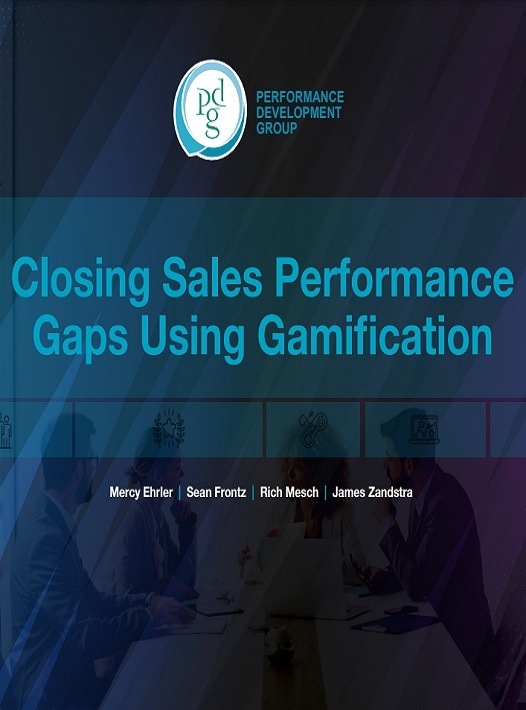How To Choose The Right Gamification Partner For Your Organization
You’re ready to implement gamification, but do you build it yourself or work with a partner? In either case, you’ll need to work with a knowledgeable, creative, and talented team to create an effective solution.
If you decide to build your own solution, you’ll need a team of designers who are User Experience experts. You’ll also need a game developer who can produce a fun and engaging game. Then there are the technical aspects of game implementation, such as app development and integration. There are a host of other skillsets you’ll need to pull off a viable solution—the point is that building gamification yourself can be the riskier avenue to take.
The time and effort it takes to create an effective solution is not realistic for most organizations. Thankfully, some companies specialize in custom learning tools and can bring the right strategy, knowledge, and skills to the table.

6 Essential Factors To Consider When Picking Your Gamification Partner
1. Sales Content Experience
Has the potential partner worked with sales content previously? Do they understand how an organization like yours sells? Do they bring their own understanding of the selling process, or will you have to spoonfeed them information? Can they share their results for their current clients—not just around the gamification but also how it impacted their sales figures?
2. Industry Experience
Has the partner worked in your industry before, and do they understand the intricacies of how you sell? Furthermore, do they understand the organizations and roles you sell to? What do they know about the guardrails and regulations unique to your industry?
3. Measurement Strategy
Does your potential partner have a methodology for measuring the impact of their solution? How will you know for sure that the solution is effective? What if you need to measure more specialized data? What data matters to your organization specifically?
4. Technology And Reporting
Does your partner bring a proprietary platform? If so, are you locked into using it, or can you select a different platform? Alternatively, can they leverage your existing technology and delivery systems? Regardless of the platform, can they report on the data you need to support your measurement strategy? Can you integrate your gamification platform with your organization’s other systems for a more holistic understanding of your impact on sales?
5. Gamification Experience
What is the partner’s “gamification story” that backs up their claims? Hundreds of organizations claim to “do gamification,” but what credentials do they have to set them apart from their competitors? Do they keep up to date with the latest gamification trends? What’s their process for creating effective gamification?
6. Case Studies
Any experienced gamification partner should come armed with samples of their work in this area. While they may not be able to show finished client deliverables due to confidentiality agreements, they should be able to show you examples of previous gamification projects or projects with confidential information redacted.
Is Your Solutions Provider Listening?
For many organizations, gamification is new territory, so you need to feel confident that your potential partner is listening to your goals and plans and that they can address any concerns to your satisfaction.
However, this doesn’t mean that your solutions partner should just be taking orders. The right partner will have the expertise and experience to add value, offer insights, and guide you in the right direction to ensure that your solution is targeted to close your sales performance gaps.
As the project progresses, ensure you get status reports from your solutions partner. You should agree on the frequency of reports, the data captured within your reports, and how to get back on track if you’re not getting the results you had hoped for. If possible, ensure that the gamification platform integrates with other enterprise systems, such as your sales portal, enabling you to connect the dots between your gamification efforts and sales quotas.
In Sum
Choosing a solutions partner can be overwhelming. This is an important decision—there is a lot at stake. By focusing on how the partner fits with your organization, ensuring they listen to and understand your needs, and laying out a clear, value-based budget, you will find the right partner.
Download the eBook Closing Sales Performance Gaps Using Gamification to identify and address pain points that prevent your sales teams from achieving their goals. You can also join the webinar to learn how to close gaps for good and help sales reps who struggle to meet their quotas.

